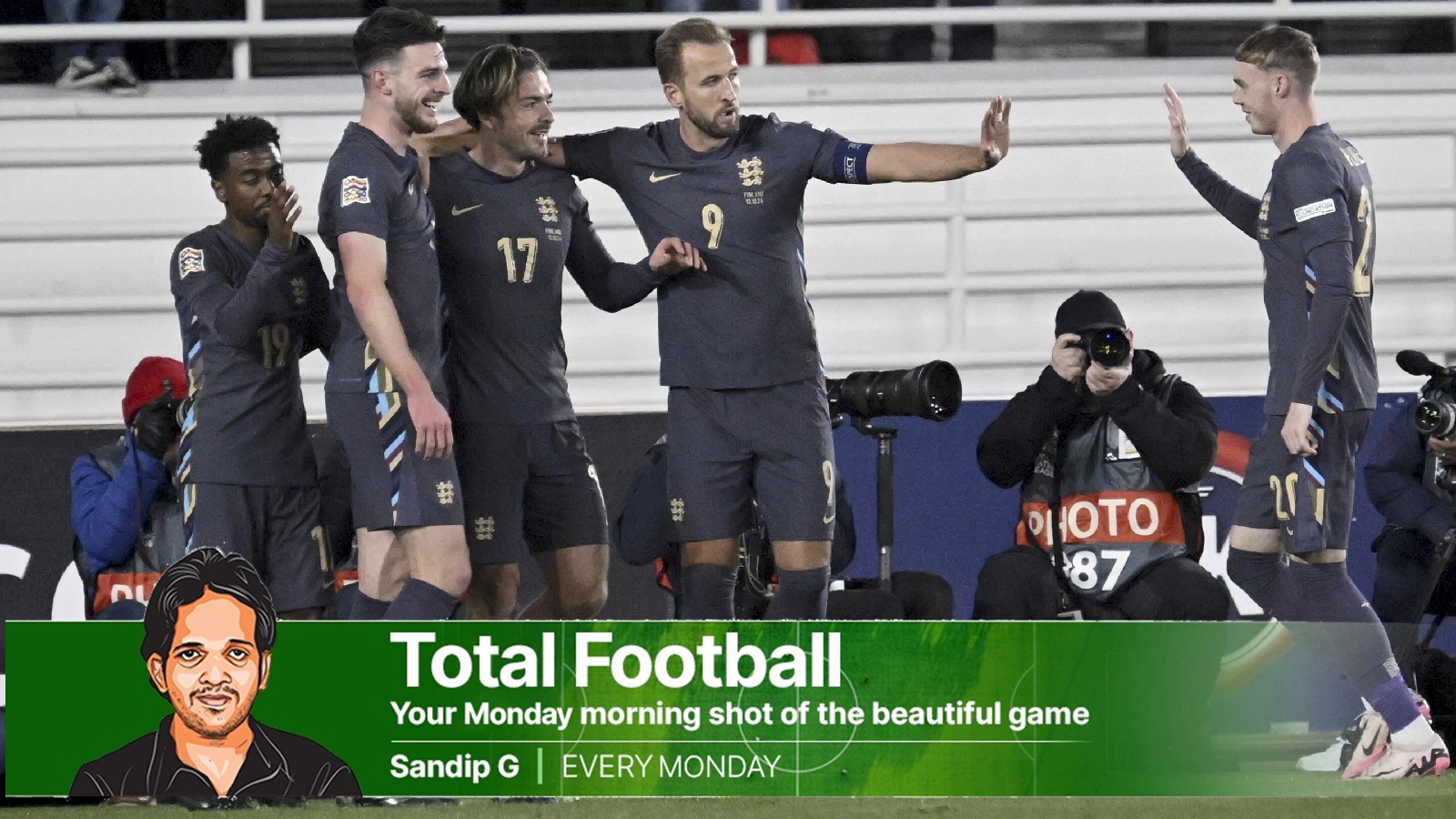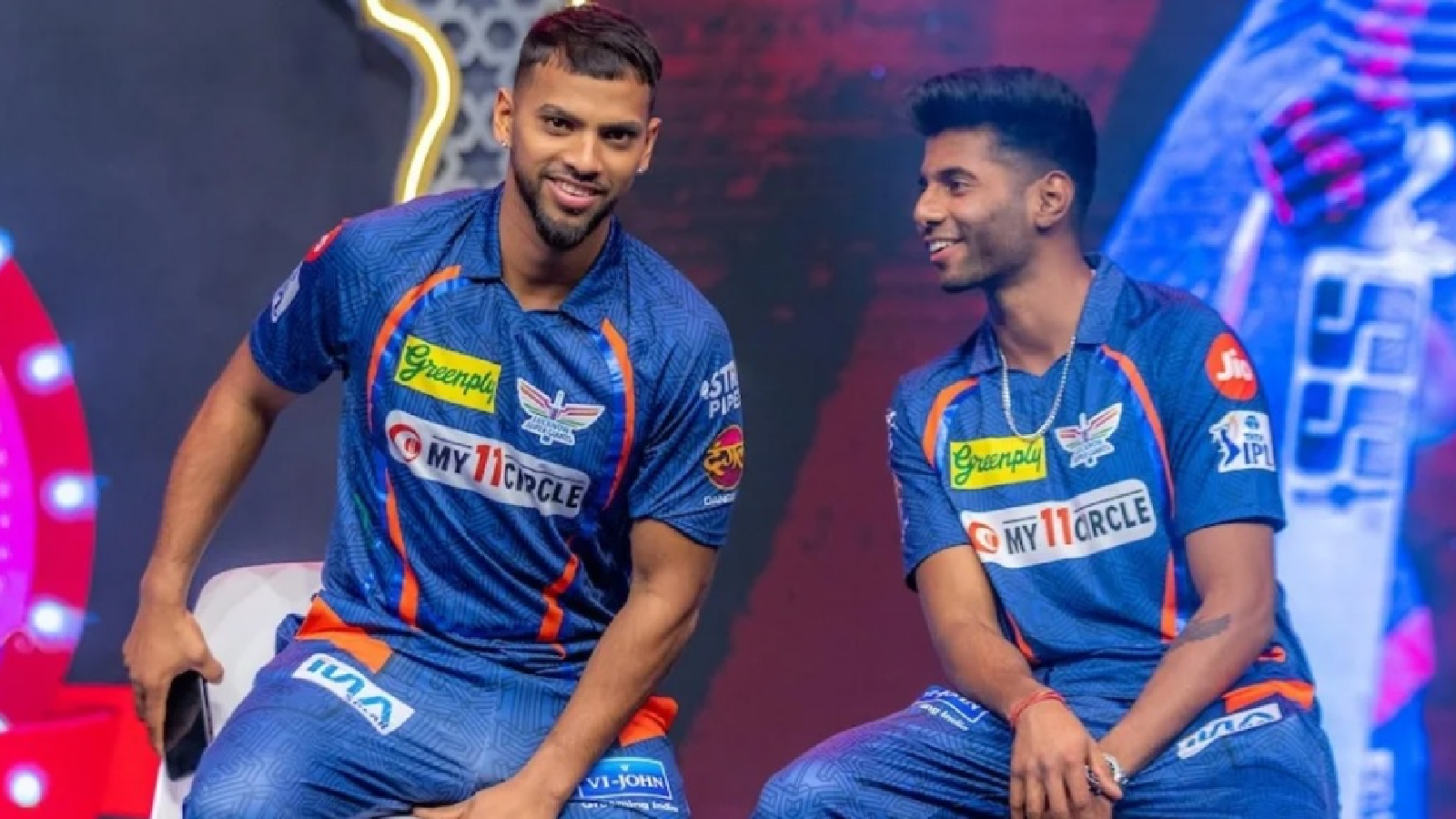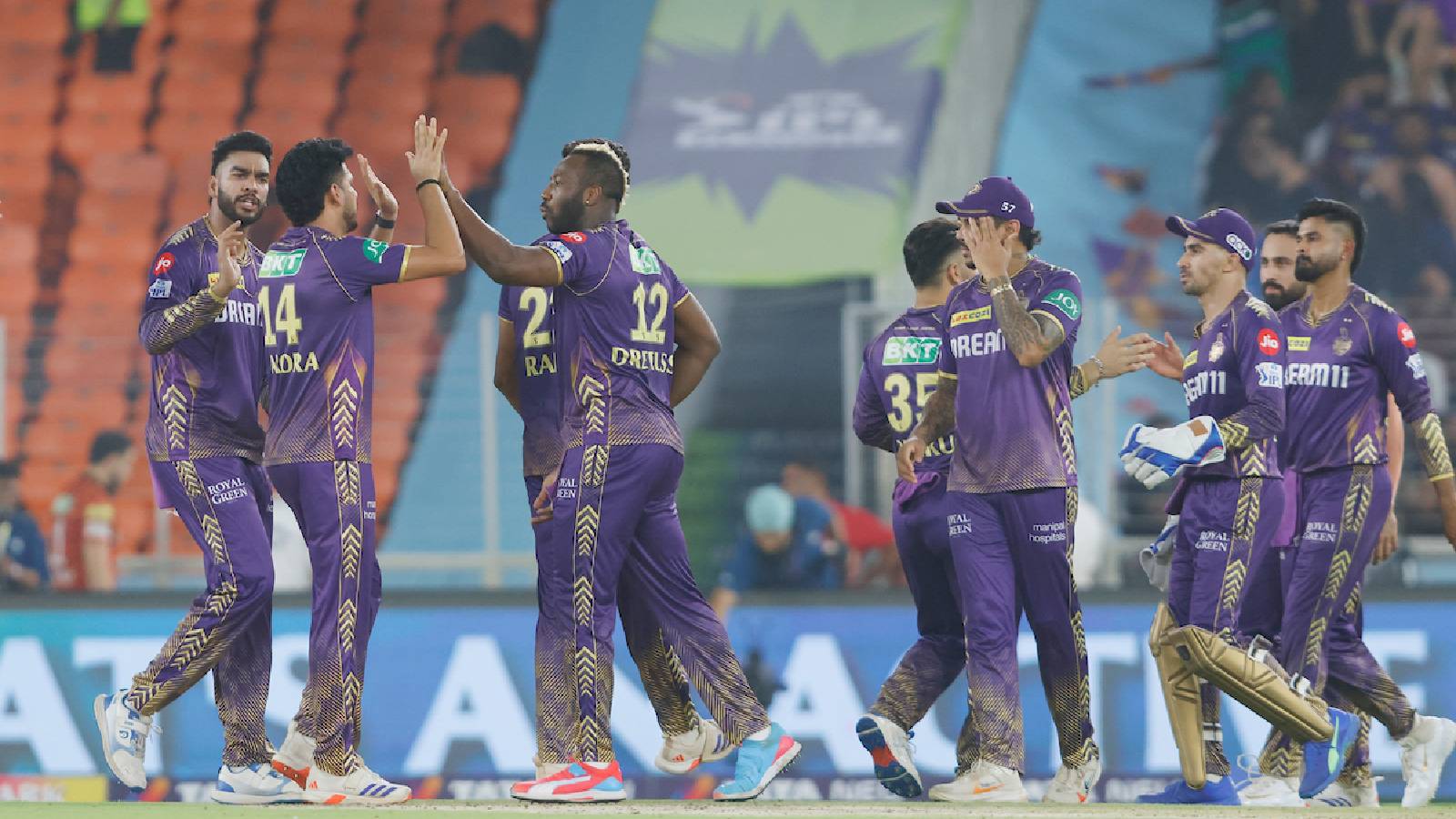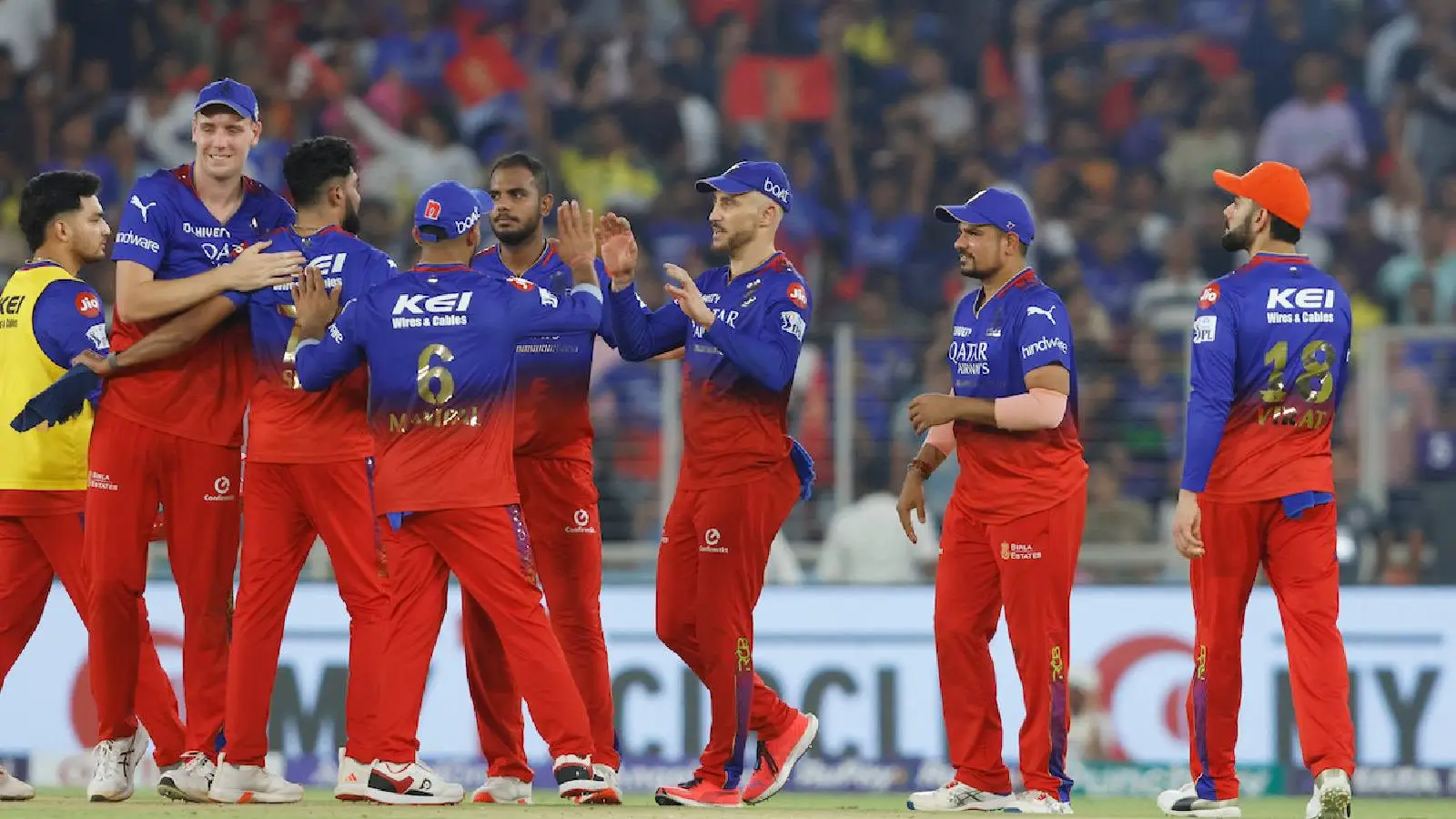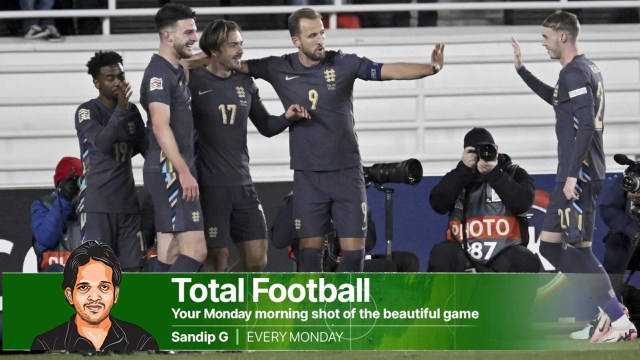
Last week in the Nations League — which looms on the football calendar like a stranger you are forced to squeeze in the backseat of a crowded cab — Greece stunned England in a fierce dogfight at home. Italy and Belgium, two teams in flux, duelled in an ill-tempered draw; the Netherlands fumed at the red card brandished to their talisman Virgil van Dijk against Hungary; and Cristiano Ronaldo started in the 215th game for his country and scored his 133rd goal, showing signs that he would give another shot at the trophy that lends fullness to his career. Or he would never retire until the World Cup dream is achieved.
Unless you are a Nation League tragic, these games are just a bunch of results that you glance at and forget. Nothing sticks in the memory. Nothing makes you hit the app for the highlights package, nothing intrigues or fascinates. It’s the curious plight of UEFA’s youngest tournament, a toddler still, that for all its honourable ideals, which was to makeover the meaningless friendly fixtures that merely helped in bloating the ego of big teams and inflating the goal counts of gluttonous forwards, is perceived as a calendar spoiler. Or a burden for the players, a bay for injuries, and catalyst of a potential players’ strike.
An overcrowded calendar is a genuine concern. A player cannot be playing once in four days, as had been Spain’s Rodri and Argentina’s Julian Alvarez. But to rebuke that the Nations League is bogus, or that it is the only evil, is pretentious. It has instilled a system and order to the randomness of friendlies, where an elite nation might play an archipelago in the Baltic sea or a splinter nation of the fallen Soviet Republic. The performance-based grouping system, with promotion and relegation like the leagues after every edition, means that the best teams often end up meeting the best teams, guaranteeing a level of quality and competitiveness.

Lopsided contests have become fewer, and it rewards budding but aspirational countries. Powerhouses are meeting more frequently than ever before. For the second time in little more than a month, the Netherlands and Germany would lock horns. Though within a capitalistic framework — an extra tournament means more broadcast and ad revenue — it has strains of socialism. It has addressed the European reality of the 21st century, the geopolitical changes within Europe since the fall of the Soviet Union and the Balkan blocs. There are smaller countries that trail behind in football infrastructure. The Nations League brings all the 55 football associations under one umbrella. A continent-unifying tournament was a necessity to bind the concept of Europe.
Whatever the players might mutter — Romelu Lukaku refused to play this week for his country — they take the games seriously. Coaches don’t unleash a pack of novices, or experiment with funky formations. Unlike the friendlies, the results are more reflective of the team’s progress or lack thereof. Teams take it earnestly because there is substantial prize-money at stake too. The winners would be richer by 10.5 million Euros, while the runners-up would receive 9 million Euros. Besides, teams would get an initial participation fee, from 1.5 million Euros for League A teams to 500,000 Euros for League D teams. There are extra bonuses for winning the group, from 750,000 Euros in League A to 250,000 Euros in League D.
The sums might not be of Champions League scale, but it’s still a significant amount, especially for players in lower tiers and leagues. In the lower rungs, there are thousands of footballers dependent on appearance fees and bonuses to supplement their modest salaries.
Moreover, four slots for the 2026 World Cup are up for the grabs from this tournament. After 12 spots are determined through the qualifiers, the four best Nations League group winners based on their overall Nations League ranking will be grouped with the 12 runners up in qualifier groups in four groups. They will feature in two single-match play-off games, with the winners of each qualifying for the World Cup.
Potential to be glamorised
What the tournament needs is a makeover. Its potential to be glamorised is hideously untapped. Perhaps the lengthy league-cum-knockout, an attempt to merge the best of both worlds, the club and country, has not resonated with the audience. Rather, it has somehow missed the charm of either.
Or a change in perception that the Nations League is the next worst calamity that has happened to Europe after World War II. Or the judgment to be coloured by the players’ calendar ranting. In a sense, it is a concern only for the top players of the top clubs. An International Centre for Sports Studies survey found that only 0.31% of players featured in more than 60 games a season, another 1.8% played 51-60 games; and another 6.8% played 41-50 games a season. Calendar congestion is thus affecting a minority, that is less than 10 percent footballers in Europe’s top five leagues. Besides, teams could make five substitutions in a game. But games these days are more intense, with more pressing and running. And player burnout is a genuine concern that trophy-hunting managers and glory-dreaming players themselves have to address and manage. Putting the whole blame on the Nations League is being pretentious.
The Nations League becomes a watchable league if the audience puts his prejudices away. Strike a conversation with the stranger, and he might end up being a good friend and the ride could be thrilling.
© The Indian Express Pvt Ltd
First uploaded on: 14-10-2024 at 09:52 IST
I’m Manas Ranjan Sahoo: Founder of “Webtirety Software”. I’m a Full-time Software Professional and an aspiring entrepreneur, dedicated to growing this platform as large as possible. I love to Write Blogs on Software, Mobile applications, Web Technology, eCommerce, SEO, and about My experience with Life.


